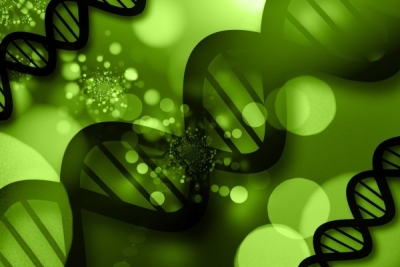Conditions that are part of the autistic spectrum, formerly known as autism, encompass a set of neurodevelopmental stages and conditions that affect more than 1% of the general population (1). The diagnosis encompasses persistent deficits in communication and social interaction in multiple contexts, in addition to restricted and repetitive patterns of behavior, interests or activities. The intersection between the autistic spectrum and the consumption of alcohol and other substances represents a field of study that demands continuous attention (2,3,4).
One study indicated that being male and having a higher level of autistic traits may be the most significant factors in predicting alcohol use in this population. Male gender is associated with a lower likelihood of alcohol withdrawal among autistic individuals, while high levels of autistic traits are associated with an increased likelihood of alcohol abstinence (5).
It is not clear what mechanisms are behind this association. One possible explanation is that higher levels of traits are linked to greater social deficits, leading to a lower motivation to enter social situations where alcohol is consumed and, therefore, a lower tendency to have access to alcohol. Another possibility is that higher autism traits are associated with greater cognitive rigidity, resulting in dichotomous thinking about alcohol consumption (5). Another study suggested that alcohol consumption may be lower in the autistic population, but once started, the risk of dependence is increased due to repetitive behavioral characteristics associated with autism spectrum disorder (6).
When there is an alcohol use disorder, treatment in individuals on the autism spectrum must be tailored to take into account their specific needs, such as communication patterns and sensory preferences. In a 2021 study, 165 participants were evaluated using specific scales to identify personality traits, and symptoms related to social interaction and rigidity were associated with the persistence of a problematic pattern of alcohol consumption after 2.5 years from the beginning of the treatment. Based on the results, it was concluded that a higher degree of these traits may result in difficulties in following other people's advice and establishing a therapeutic alliance, important parts of treatment effectiveness (7).
Comorbidities associated with autism spectrum disorder also include depressive and anxiety disorders, insomnia, epilepsy, attention deficit hyperactivity disorder and intellectual disability (8). Therefore, first-line treatment consists of behavioral interventions, while coexisting psychiatric conditions can be treated with specific therapies and/or medication.
Treatment of alcohol use disorder on individuals on the autism spectrum must consider the unique characteristics of autism when developing treatment strategies. A multidisciplinary approach, social support, communication strategies, and social skills training can be included for greater success.











